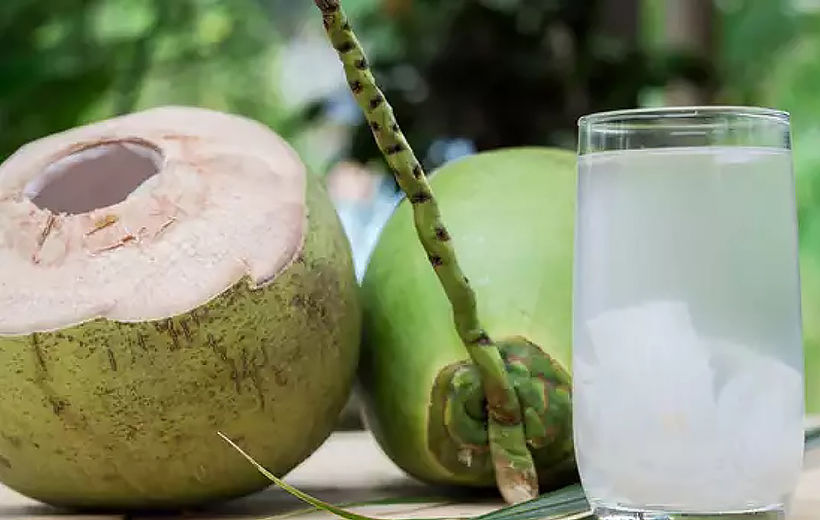 Experts warn against coconut water concoction for kidney stones | The Thaiger
Experts warn against coconut water concoction for kidney stones | The ThaigerBioMed Research International On this pageResearch Article ← Open AccessRoshan M. Patel, Pengbo Jiang, John Asplin, Ignacio Granja, Taylor Capretz, Kathryn Osann, Zhamshid Okhunov, Jaime Landman, Ralph V. Clayman, "Coconut Water: 2018 An unexpected source of urinary citrate", BioMed Research International, vol. 20182, Article ID 306174 https://doi.org/10.1155/2018/3061742Coconut Water: An Unexpected Source of Urinary CitrateRoshan M. Patel1Department of Urology, University of California, Irvine, USA2Litholink Corporation, Laboratory of America® Holdings, USA3Department of Medicine University of California, Irvine, USAAcademic Editor. Coconut water has long been cultivated by its medicinal qualities, including natural hydration. We are looking to determine whether your consumption would induce changes to urinary litogenic factors beyond changes in urine volume. Materials and Methods. After the adoption of the Institutional Review Board, volunteers were recruited without prior background of nefrolithiasis. Each participant was initially randomized for coconut water or the water phase of the study. During the first phase of the study, participants maintained meticulous food and liquid consumption records and were asked to replicate that diet for the second phase. For each phase the participant consumed 2L either the taste of the pure coconut water Nirvana® or tap water daily for four days. Participants did not limit themselves to consuming additional fluid from their choice during their assigned study phase. During the 3 and 4 of each phase the participant collected a 24-hour urine specimen. Coconut water citrates and malata content were measured and used together with the drinking pH to calculate the total content of coconut water alcali. Supersaturation levels were calculated using Equil2. Noparametric pair analysis using the Wilcoxon test was performed for statistical analysis. Results. There were 4 adult male and 4 adult female participants. The 24-hour urine collection of each individual had a creatinine excretion within 20% of the average for the four samples of each subject corroborating that all samples were collected correctly. The two samples of each phase for each individual were mediated. Coconut water was also analyzed and it was estimated that it had a total alkaline content of 13.8 mEq/L. Consumption of coconut water significantly increased urinary citrate (29%, p=0.02), urinary potassium (130%, p=0.01) and urinary chloride (37%, p=0.03), without affecting the urine pH (p=0.16) or volume beyond water. Conclusions. Consumption of coconut water increases urinary potassium, chloride, and citrus in non-stone individuals.1. Introduction The global prevalence of kidney stones has increased drastically in recent decades with calcium oxalate nephrolitiasis that remains the most common type of urolite in the United States of America. [, ] In patients with calcium oxalate nephrolitissis, hypocitraturia is found in up to 60% of the samples on 24 hour urine quantitative chemistry. [] The main medical treatment in these patients is potassium citrate; however, adherence to this supplement is notoriously poor given the frequency to take medications (usually three times a day), the number of necessary tablets, costs and side effects. [] Alternatively, patients also receive advice on dietary modifications and are encouraged to increase their consumption of high fluids in citrus content (e.g. lemonade, glass light). The coconut water is the liquid endosperm of green coconuts (Cocos nucifera L.), which is the most naturally extended fruit plant on Earth. [] Known as Noelani de Hawai, which means "death of the heavens", is rich in electrolytes, vitamins, minerals, cytokines and proteins, and has been dragged by its medicinal qualities, including natural hydration, high fiber content, laxative and diuretic effect, anti-aging impact, antimicrobial properties, and energy improvement. [] Saat et al. compared rehydration after exercise with coconut water, carbohydrates and electrolytes and water. [] They found that coconut water was well tolerated and the subjects reported that they had greater ease in consuming a lot of coconut water instead of an energy drink or water. Gandhi et al. studied the effect of coconut water consumption in nefrocalcinosis induced by ethylene glycol in male Wistar rats. [] The study showed that coconut water consumption inhibited crystal deposition in the renal tissue and reduced the number of crystals in the urine. However, the possible anti-litrogenic effects of coconut water have never been studied in humans. An anecdote patient found our interest in the potential of coconut water as an anti-litrogenic natural substance. In the resulting study, our main objective was to determine the impact of drinking coconut water on known urinary litogenic factors.2. Materials and MethodsAfter the adoption of the Institutional Review Board, adult volunteers were recruited without prior background of nefrolithiasis. Each participant was initially randomized to a phase of coconut or water. During the first phase of the study, participants maintained meticulous food and liquid consumption records and were asked to replicate that diet for the second phase. For each phase, the participant consumed 1.92L either the taste of the pure coconut water Nirvana® or tap water daily for four days. The nutritional data provided by the manufacturer and per cent daily value are shown in the table. During the study, participants were not restricted to additional fluid consumption of their choice. On 3 and 4 of each phase the participant collected a 24-hour urine specimen. In this study, a washing phase of a minimum of 2 weeks and a maximum of 4 weeks between phases was implemented. Total value (g)00Ssummer time (mg)2089 The electrolytes were measured with specific ions electrodes and the pH was measured using a pH electrode. The total alcalli of coconut water was calculated from the concentrations of citrate and malate, the pH of the drink and pK of the anions. The tricarboxylic acid citrate pK used to calculate the anion content was 3.1, 4.7, and 5.4 and for dicarboxylic math pK was 3.4 and 5.1, respectively. The total alcalli is expressed in milliquivalents per litre (mEq/L). Supersaturation levels were calculated using Equil2. Noparametric pair analysis using the Wilcoxon test was performed for statistical analysis. The analysis was performed using SYSTAT v13 (Systat Software, Inc., Chicago IL).3. Results In this study a total of 8 subjects were hired: 4 adult males and 4 adult females. The average age of male participants was 48.5 years (28-69 years) and of female participants 27 years (22-32). The 24-hour urine collection of each individual had a creatinine excretion within 20% of the average for the four samples of each subject corroborating that all samples were collected correctly. The two samples of each phase for each individual were mediated. Coconut water was also analyzed (table ). This showed that the total content of alcali was 13,8mEq/L. Each taste can of Nirvana® contained 0.48L of coconut water. MHC5.41 M/L2.1Malate mM/L5.9Total Alkali mEq/L13.8Na mM/L15.7K mM/L53.0Cl mM/L53.5 Sabor de Nirvana® Pure Coconut WaterpH5.41 In addition, the consumption of coconut water compared to the tap water increased the urinary potassium by 130% (p=0.01) and the urinary chloride by 37% (p=0.03) (table ). Increases in urinary citrate, potassium and chloride with coconut water consumption were similar for men and women and for young people (30). The numbers of these subgroups were too small to obtain statistical importance in stratified analysis. 0,0,0,020,0,0,0,0,0,0,0,0,0,0,0,0,020,890,12,0,0,0,0,0,0,0,0,0,0,0,0,0,0,0,00,00,0,0,0,0,0,0,0,0,0,0,0,0,0,0,0,0,0,0,0,0,0,0,0,0,0,0,0,0,0,0,0,0,0,0,0,0,0,0,0,0,0,0,0,0,0,0,0,0,0,0,0,0,0,0,0,0,0,0,0,0,0,0,0,0,0,0,0,0,0,0,0,0,0,0,0,0,0,0,0,0,0,0,0,0,0,0,0 Calcium influx (mEqo) in the urine of high content (page) Citrate is a known inhibitor of calcium stone formation through multiple mechanisms, including calcium complex, avoiding calcium oxalate nucleation and calcium phosphate, and blocking agglomeration and crystal growth []. Oral potassium citrate, available in various forms, increases urinary citrus levels and urinary pH; it is the main treatment for the associated hypocitraturia nephrolysis [, ].Despite its proven efficacy, the fulfillment of potassium citrate therapy is poor. In a study that looked at the long-term follow-up of the ancient stone that were treated with potassium citrate, only 62% consistently took the medication []. In addition, given that potassium citrate therapy is costly, up to $180 USD/month for three times daily doses of 20 meq, alternative dietary therapies have been evaluated []. It was initially reported that lemon juice therapy in the form of lemonade significantly increased urinary citrate levels []. Later studies have demonstrated mixed results and have cast some doubt on the effectiveness of lemonade therapy. Koff et al. performed a crossover design essay comparing potassium citrate therapy and lemonade therapy []. They found no difference in the urinary pH of citrate or urine in the lemonade group, while the potassium citrate group showed a significant increase in both urinary citrate (20%) and in pH urine (8 %). Using controlled metabolic conditions, Odvina and colleagues measured urinary stone risk factors and demonstrated that orange juice had an alkaline and straturistic effect greater than lemonade []; the average increase in urinary citrate by 240 ml of orange juice was 88 mg compared to only 11 mg during lemonade consumption. In addition, the urinary pH was greater in 0.6 units in the orange juice group compared to the lemonade and control phases of the study. Halebian et al. conducted quantitative analysis of citrate content between commercially available beverages. The grapefruit juice was found with the highest citrate content (64.7mmol/L), followed by lemon juice (47.66mmol/L), orange juice (47.36mmol/L), pineapple juice (41.57mmol/L), and homemade lemonade (17.42mmol/L). Crystal Light had the highest concentration of citrate (38.39mmol/L) among non-juicy beverages []. However, due to the way the body absorbs and metaboly metabolizes the citrate, only a small amount of dietary citrate reaches the urine. Instead, the urinary excretion of citrus depends closely on the physiological acid-base states. In an acid loading state, proximal tubular reabsorbs cite. On the contrary, during the load of alkali, the reabsorption of citrus from the renal tubulars is diminished, which increases the excretion of urinary citrate []. Given the importance of systemic alkalinization and its effect on the management of renal citrus, Eisner et al. analyzed lemonade and 15 diet sodas to determine cytrate and malate as alkali and the total load of alkali. Lemonade had 6.30 mEq/L citrate as alkali, much smaller than several other drinks such as Diet-7Up (9.79 mEq/L), Diet Sunkist Orange (8.38 mEq/L), and Sierra Mist Free (8.11 mEq/L). The pH of lemonade is usually less than 3, so most citrus in lemonade are present as citric acid, limiting the amount of alcali delivered. Most of the tasted drinks did not have a significant measurable mallet such as alkali, except Diet Sunkist Orange, Diet Canada Dry Ginger Ale, and Diet Orange Crush. The total content of alcali was the highest in Diet Sunkist Orange (10.49 mEq/L), Diet-7Up (9.79 mEq/L), and Diet Canada Dry Ginger Ale (8.98 mEq/L) []. It should be noted that coconut water, at 13.8 mEq/L, has a much higher alkali content than any of the previous fluids. In our study, despite the relatively low cytrate content (2.1 mmol/L), coconut water therapy revealed a significant increase in urinary citrus excretion from the base (average increase of 161mg/d). This citrus effect is likely due to the total load of very high alkali (13.8 mEq/L), which is higher than in any of the other juices or non-juice fluids discussed []. The total high load of alcali is mainly a function of the high pH of coconut water and the juggling content. It should be noted that this increase in citrate occurred in individuals who do not form stone with a normal citrus based on reference; if there would be a similar or greater impact on the levels of citrate in the form of hypocitraturic stone it has not yet been tested. Curiously, we did not record a significant change in urinary pH. Our findings also revealed a significant increase in urinary potassium and chloride, which can be explained by the high potassium and chloride content of coconut water. The coconut water studied contains approximately 1456 mg/L (37.3 mEq) of potassium, which is 31% of the daily recommended value of the administration of food and drugs for adults []. It should be noted that potassium depletion has been associated with hypocitraturia []. Of interest, coconut water contains a significant amount of chloride, which is unusual for a fruit drink. The potassium content of a drink is often used as a alkali content meter, provided that most potassium is accompanied by organic anions. In coconut water, this assumption is not correct as most potassium is actually potassium chloride. This point highlights the need for direct measurement of organic anions and pH to evaluate the alcali content of a drink. The ideal dietary therapy to reduce urinary stone risk factors should be low in calories, animal protein, sodium and oxalate and high in citrate and total alkali load. Compared to grapefruits and orange juice, coconut water has about 50% less calories and 60% less sugar content. While there is a lesser citrus content compared to other citrus beverages, the very high alkali load is associated with a significant and substantial citrus effect. In fact, coconut water can represent a more ideal drink to increase urinary citrate compared to lemon juice, lemonade and other drinks. For our knowledge, this is the first analysis of coconut water for its anti-litrogenic properties in humans and the results are promising. In addition, differences in pH and supersaturation of calcium oxalate between the two groups may have reached meaning if it is sufficiently fed. We initially chose to include only individuals without prior history of nefrolithiasis to determine whether coconut water consumption would change the risk factors of urinary stone. Future studies with larger sample sizes are needed to assess whether the citric effect of coconut water is operational in calcium stone patients that form hypocitraturia.5. Conclusions The consumption of coconut water increases urinary potassium, chloride and citrus in individuals who do not form stone without altering the urine pH.AbbreviationsmEq:Milliequivalents. Availability Data sets generated during and/or analysed during the current study are available by the corresponding author on reasonable request. Conflict of interest The authors state that there is no conflict of interest in the publication of this article. Acknowledgements This study was funded by the UC Irvine Department of Urology. ReferencesCopyrightCopyright © 2018 Roshan M. Patel et al. This is an open access article distributed under the article, which allows unrestricted use, distribution and reproduction in any medium, provided that the original work is duly cited. More related articles Share Related articles
Nutrition8 Health benefits based on coconut water science We include products that we believe are useful to our readers. If you buy through links on this page, we can win a small commission. In recent years, coconut water has become a very modern drink. It's tasty, refreshing and it's also good for you. In addition, it is loaded with several important nutrients, including minerals from which most people do not get enough. Here are 8 benefits for the health of coconut water. 1. Good source of several nutrients Crocodiles grow in large palm trees known scientifically as Nuciferous Cocos. Despite the name, the coconut is considered botanically as a nut. Coconut water is the juice that is found in the center of a young green coconut. It helps to nourish the fruit. While the coconut matures, some of the juices remain liquid as the rest matures in the solid white meat known as coconut meat (). Coconut water is naturally formed in the fruit and contains 94% water and very little fat. It should not be confused with coconut milk, which is made by adding water to raved coconut meat. Coconut milk contains about 50% water and is very high in .Coconuts take 10-12 months to mature completely. Coconut water usually comes from young coconuts of about 6 to 7 months old, but it is also found in ripe fruit. An average green coconut provides about 0.5-1 cups of coconut water. One cup (240 ml) contains 46 calories as well as (): Submersible coconut water is found in young coconuts and a good source of fiber, vitamin C and several important minerals. 2. It may have antioxidant properties Free radicals are unstable molecules produced in their cells during metabolism. Its production increases in response to stress or injury. When there are too many free radicals, your body enters a state of oxidative stress, which can damage your cells and increase the risk of disease (). Research on animals exposed to to toxins has shown that coconut water contains antioxidants that modify free radicals so that they no longer cause harm (, , , , ).A study found that rats with liver damage showed a significant improvement in oxidative stress when it comes to coconut water compared to rats that did not receive treatment (). In another study, rats in one were treated with coconut water. Free radical activity decreased, as did blood pressure, triglycerides and insulin levels (). So far, no study has investigated this antioxidant activity in humans. Abstract Coconut water contains antioxidants that protect your cells from damage caused by free radicals. 3. It may have benefits against diabetes Research has shown that coconut water can reduce blood sugar levels and improve other health markers in diabetic animals (, , ).In a study, diabetic rats treated with coconut water keep better blood sugar levels than the control group (). The same study also found that rats who gave coconut water had lower levels of hemoglobin A1c, indicating a good long-term control of blood sugar (). Another study noted that providing coconut water to diabetes-based rats led to improvements in blood sugar levels and reductions in oxidative stress markers (). However, controlled studies are needed to confirm these effects on humans. However, with its 3 grams of fiber and a digestible carbohydrate content of only 6 grams per cup (240 ml), coconut water can easily fit into one. It is also a good source of magnesium, which can increase and reduce blood sugar levels in people with type 2 diabetes and prediabetes (, ). Supplementary studies on diabetic animals suggest that coconut water can improve blood sugar control. It is also a good source of magnesium, which can increase insulin sensitivity and reduce blood sugar levels. 4. It can help prevent kidney stonesBeing enough fluids is important for the prevention of kidney stone. Although the plain is a great choice, a study suggests that coconut water can be even better. Kidney stones are formed when calcium and other compounds are combined to form crystals in the urine (). These can form stones. However, some people are more susceptible to developing them than others (). In a study in rats with kidney stones, coconut water prevented the crystals from hitting the kidneys and other parts of the urinary tract. It also reduced the number of crystals formed in the urine (). Researchers believe that coconut water helped reduce free radical production that occurred in response to high levels of oxalate in the urine. Note that this is the first study to examine the effects of coconut water on kidney stones. More research is needed in this area. Abstract Early animal research suggests that coconut water can prevent kidney stones by reducing the formation of crystal and stone. 5. It can support heart healthThe coconut water you drink can be useful to reduce the risk of heart disease. In a study, rats who consumed coconut water had reductions in blood cholesterol and triglycerides. They also experienced significant decreases in liver fat (). In another study, researchers themselves fed rats a similar diet supplemented with the same dose (4 ml per 100 grams of body weight) of coconut water. After 45 days, the coconut water group had a cholesterol reduction and rivaled the effects of a statin medication used to lower cholesterol (). Please note that this was a very high dose. In human terms, it would be equivalent to a person of 150 pounds (68-kg) who consumes 91 ounces (2.7 litres) of coconut water a day. However, the finding that it reduced cholesterol as effectively as a statin medication is very impressive and should be further investigated. Abstract Animal studies suggest that coconut water may have powerful properties that lower cholesterol. 6. It can reduce blood pressureCoconut water can be great to control blood pressure. In a small study in people with high blood pressure, coconut water improved systolic blood pressure (the highest number of reading blood pressure) in 71% of participants (). In addition, coconut water contains an impressive 600 mg potassium in 8 ounces (240 ml). It has been shown that low blood pressure in people with high or normal blood pressure (, ).In addition, an animal study found that coconut water has antitrombotic activity, which means it can prevent the formation of blood clots (). Abstract Coconut water can help lower blood pressure and potentially lower the risk of blood clots forming in the arteries. 7. Beneficial After the Prolonged ExerciseThe coconut water can be the perfect drink to restore hydration and replenish lost electrolytes during exercise. Electrolytes are minerals that play several important roles in your body, including maintaining the right balance of the fluid. They include potassium, sodium and calcium. Two studies found that coconut water restored hydration after exercise better than water and equal to the high-electrolite (, ). Participants also said that coconut water caused less nausea and stomach discomfort (, ).However, another study comparing high-electric beverages found that coconut water tended to cause the most swelling and stomach discomfort (). Abstract Coconut water is effective to replenish liquids and electrolytes after exercise. It is comparable to other sports drinks. 8. Source of Criminal Hydration Coconut water is slightly sweet with a subtle and nut taste. It is also quite low in calories and carbohydrates. The water is fresher when it comes directly from the coconut. Just press a straw on the soft part of a green coconut and start drinking. Save the coconut in your refrigerator and consume it within two to three weeks of purchase. You can also buy bottled coconut water in most grocery stores. However, make sure you are receiving 100% coconut water. Some bottled brands contain sugar or added flavor agents. This tropical liquid can be used in smoothies, pudding, vinaigrette dressing or replaced by smooth water when you want a little natural sweetness. Summary Coconut water can be consumed directly from green coconut or purchased in bottles. Avoid brands with added sugar, sweeteners or flavors. The bottom of the lineThe coconut water is a delicious, nutritious and natural drink that is extremely good for you. It can benefit your heart, blood sugar, kidney health, and more. Although controlled studies are needed to confirm many of these qualities, research to date is encouraging. If you start drinking in this tropical drink, make sure you avoid products with . Read this next set of words
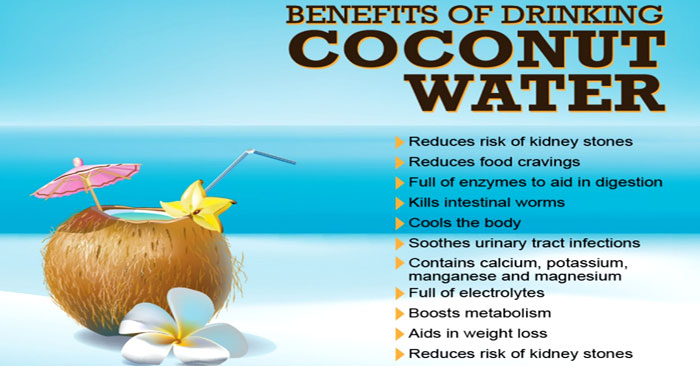
Health Benefits Of Drinking Coconut Water - Reduces Risk Of Kidney Stones - Timeslifestyle
Coconut Water For Kidney Stone Prevention & Treatment | ConsumerLab.com
Benefits of Coconut Water – Ayurspace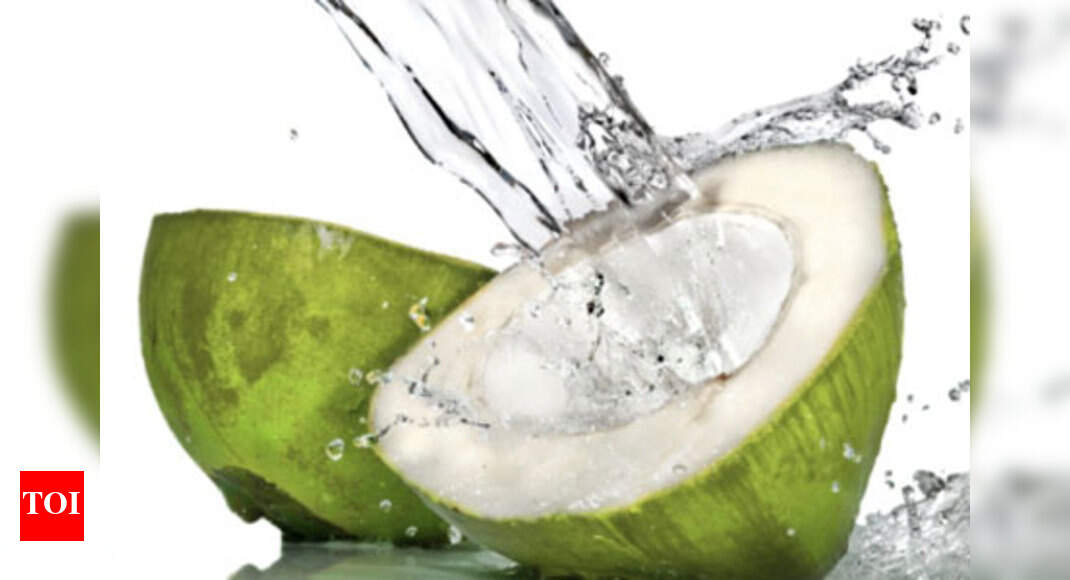
Benefits of coconut water - Times of India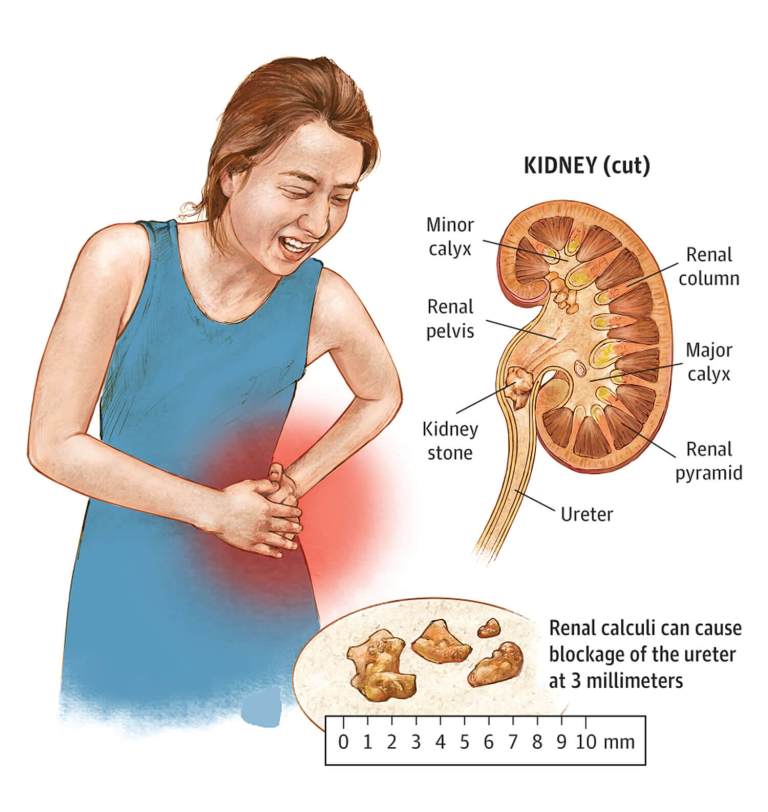
Drinking Coconut Water prevents Kidney Stones - World Infi
Coconut Water Good For My Kidneys?
Can Coconut Water Dissolve Kidney Stones? - YouTube
The benefits of drinking Buko Juice | Witty Quotes
Can Coconut Water Dissolve Kidney Stones? | Health tips, Health fitness, Health
Kidney stones with coconut water dissolves || coconut water for face benefits || Telugu Facts Videos - YouTube
Coconut Water Is Effective In Resolving Kidney Stones | Dokter Herbal Kita
Pin on Healthy ideas & remedies
Health tip: Prevent kidney stones with coconut water! | TheHealthSite.com
kidney stones Archives - Ojas Ayurveda
Mayaro Fresh Coconut Water | Facebook
Pin on Health Tips
8 Science-Based Health Benefits of Coconut Water
Coconut Water is tasty, refreshing and also happens to be good for you. What's more, it's loaded with sev… | Coconut health benefits, Coconut water benefits, Health
Health Lantern - Transforming Health Care Through Technology
HOW COCONUT WATER TO TREAT KIDNEY STONES - YouTube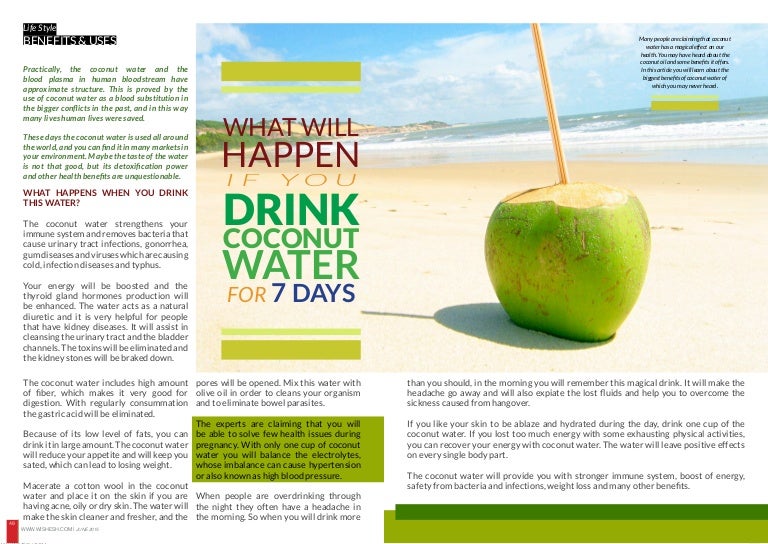
Coconut Water Benefits and Uses | Health Tips
What is the Best Drink to Flush Your Kidneys? Kidney Detox Juice Recipe
Indian Veg Kidney Stone healthy Recipes, Diet, Symptoms, Causes
81 Remedies For Kidney Stones ideas | kidney stones, kidney, kidney stones remedy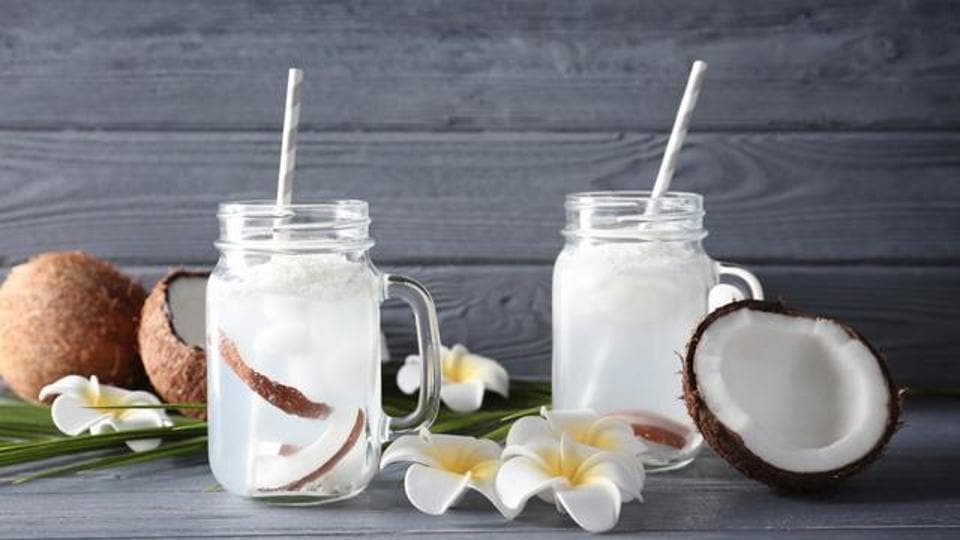
Coconut water is good for your overall health, 5 benefits you need to know about | Hindustan Times
Post eswl yesterday. After drinking young green coconut water I'm suddenly peeing a gravel storm after nothing with only water and lemon juice. Just drank another half a can. Will post more
10 Ways for Kidney Stone Treatment without Surgery - Pristyn Care
16 Drinks for Kidney Stones | Food For Net
The health benefits of coconut oil - Ulster Herald
COCONUT RESOLVE KIDNEY STONE - By Dr. Rushali Angchekar | Lybrate
Coconut Water vs. Coconut Milk: What's the Difference?
Favorite Facebook Tweet Podium Session Poster, Podium & Video Sessions PD17-03 - Can Coconut Water Consumption Potentially Prevent Kidney Stones? Saturday, May 19 7:20 AM - 7:30 AM Location: MCC WEST, 2022 Abstract Presenter(s) RP ...![9 Health Benefits of Coconut Water [+Infographic] 9 Health Benefits of Coconut Water [+Infographic]](https://paleoflourish.com/wp-content/uploads/2014/08/9-Health-Benefits-of-Coconut-Water-min.jpg)
9 Health Benefits of Coconut Water [+Infographic]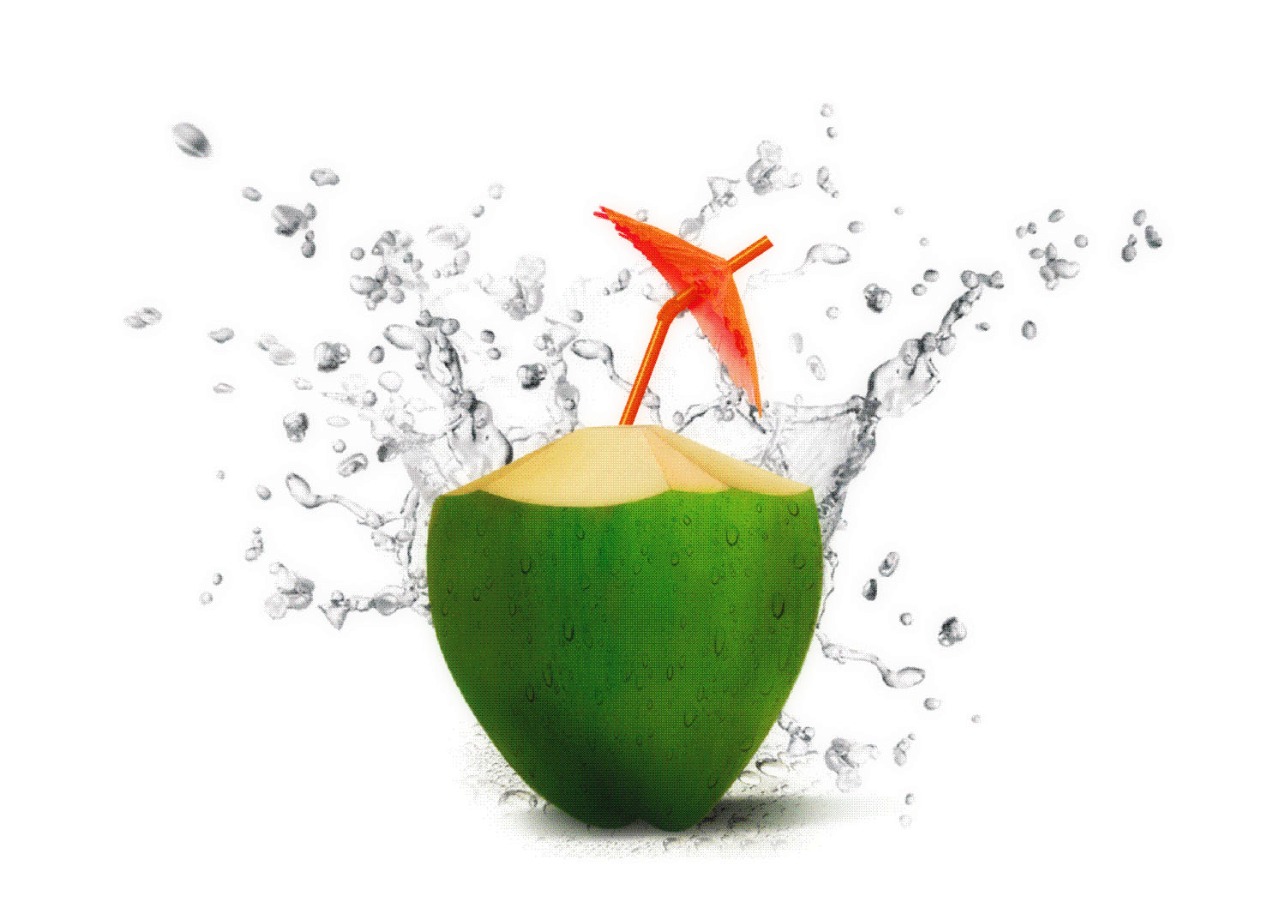
13 Amazing Health Benefits of Drinking Coconut Water - Drink Now - By Dr. Namrata Surati | Lybrate
Benefits of coconut water, according to science | TheHealthSite.com
23 Easy Home Remedies for Kidney Stones – Nirogam
8 Health Benefits of Coconut Water - EcoWatch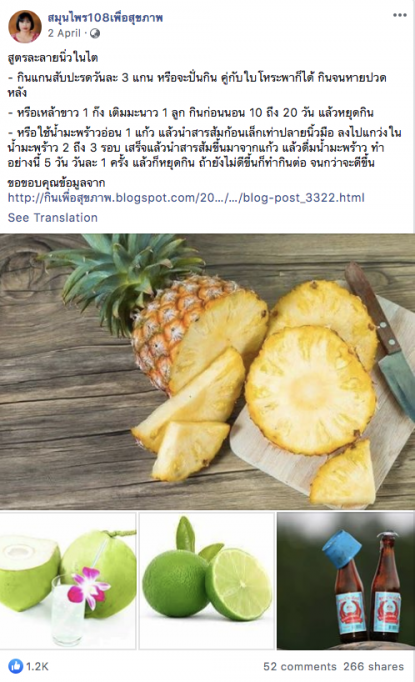
Misinformation recirculates online in Thailand about 'cure' for kidney stones | Fact Check
tell your sister you're sorry...: Coconut Water for kidney stones ....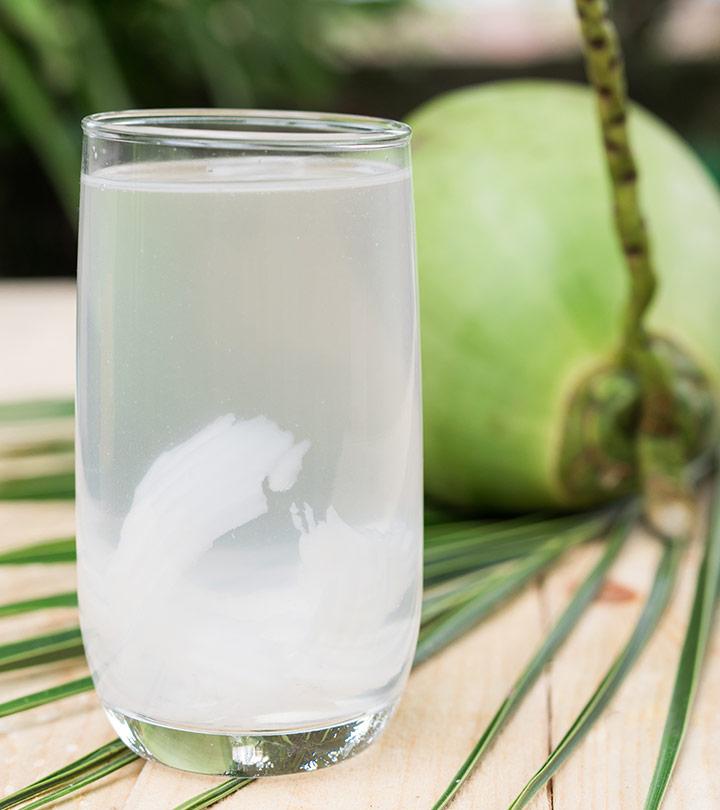
10 Research-Backed Benefits Of Coconut Water For Your Health And Skin
 Experts warn against coconut water concoction for kidney stones | The Thaiger
Experts warn against coconut water concoction for kidney stones | The Thaiger



























![9 Health Benefits of Coconut Water [+Infographic] 9 Health Benefits of Coconut Water [+Infographic]](https://paleoflourish.com/wp-content/uploads/2014/08/9-Health-Benefits-of-Coconut-Water-min.jpg)






Posting Komentar untuk "coconut water for kidney stones"